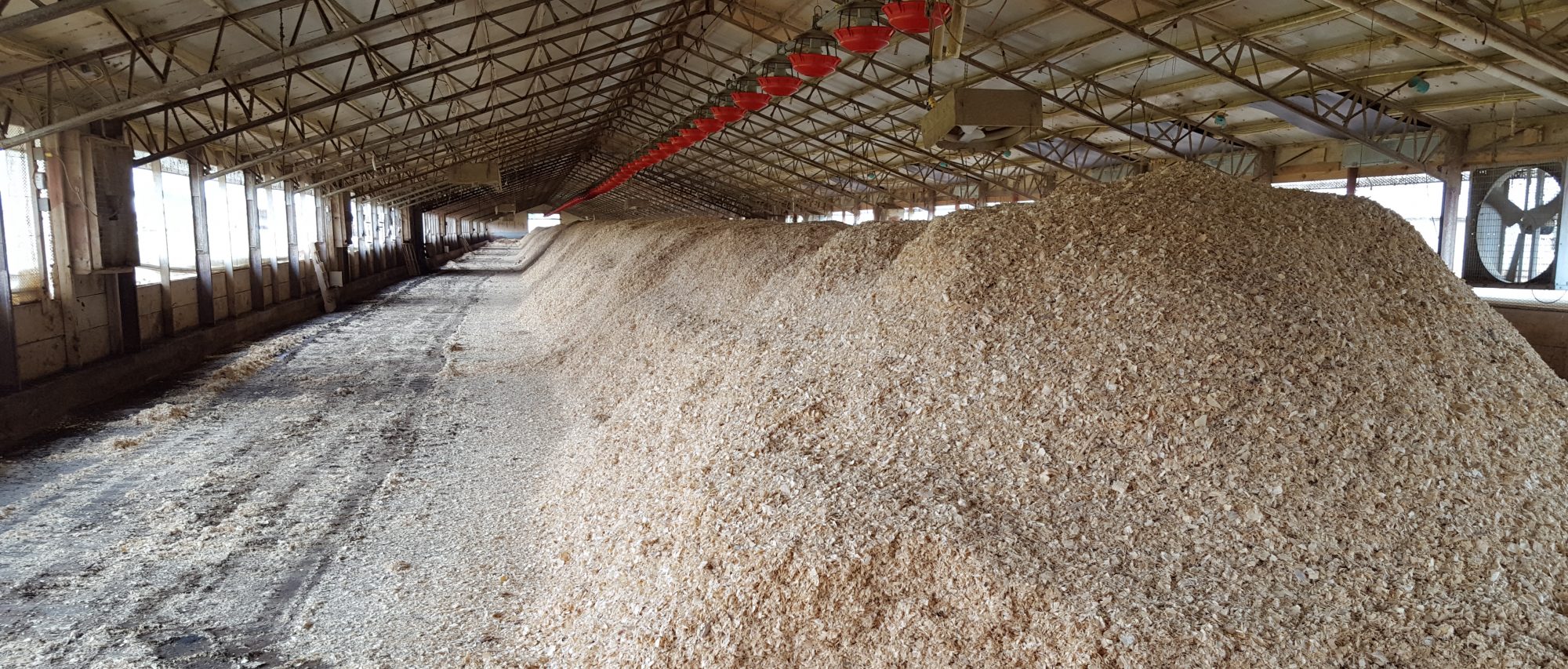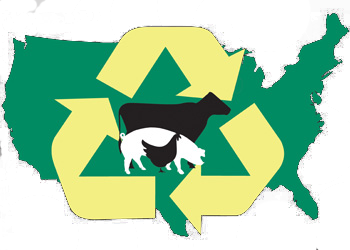Purpose
The decision-support tool (DST) being developed facilitates the selection of manure treatment technology based on farm needs and nutrient balance requirements. A life cycle assessment (LCA) approach is used to determine and allocate among sources the whole-farm greenhouse gas (GHG) emissions and environmental impact of different manure management systems (MMS) to facilitate decision-making. The purpose of the tool is to help users identify the suite of technologies that could be used, given the farm’s unique set of preferences and constraints. The tool asks for an initial set of farm details and these values are cross-checked with predefined conditions before starting the simulation. This tool helps in the rapid quantification and assessment of treatment technology feasibility, GHG emissions, environmental, and economic impacts during the manure management decision-making process (Fig. 1). The decision algorithm operates based on user input for weightage priorities of criteria and sub-criteria related to environmental, economic, and technical components.

What Did We Do?
The DST is a Microsoft Excel-based tool with precalculated mass balance for a selected number of MMS alternatives representing current and emerging treatment technologies and practices. The MMS considered for the tool includes various handling systems, aerobic and anaerobic treatment systems, solid-liquid separation techniques, chemical processing units, etc. Modules were developed based on mass and energy balances, equipment capital & operating costs, unit process, and technology performance, respectively. The tool utilizes data specific to the country/region/farm where feasible and default values to calculate the overall economic and environmental performance of different MMS, providing results unitized per animal/day or per year.
Then, an LCA approach is used to evaluate the potential environmental footprints of each MMS considered. A life cycle impact assessment (LCIA) is comprised of detailed quantification of inputs and outputs of material flows in a specific treatment and/or conversion process. At the output level, it also defines and quantifies the main product, co-products, and emissions. The major focus on the treatment methods is quantifying the raw materials (manure, wash-water, bedding, etc.) that are to be handled in each MMS, thereby characterizing the properties of effluents (nutrients, gas emissions, etc.). The results include carbon, energy, water, land, nitrogen, and phosphorus footprints along with the effluent nitrogen, phosphorous, and potassium concentrations.
What Have We Learned?
Systematic selection of appropriate technology can provide environmental and economic benefits. Manure management systems vary in their design, due to individual farm settings, geography, and end-use applications of manure. However, the benefits of technological advancements in MMS provide manure management efficiencies and co-production of valuable products such as recycled water, fiber, sand bedding, and nutrient-rich bio-solids, among others. The handling efficiencies and environmental benefits provided by manure treatment technologies come with additional costs, however, so the tradeoffs between environmental benefits and implementation costs also need evaluation.
Future Plans
The next steps are to finalize the dairy module. We are refining the tool’s user interface and demonstrating to stakeholders to gather information regarding key assumptions, outputs, and the functionality of the tool. Further, we also plan to complete the swine module.
Authors
Sudharsan Varma Vempalli, Research Associate, University of Arkansas
Corresponding author email address
Additional authors
Sudharsan Varma Vempalli, Research Associate, University of Arkansas
Erin Scott, PhD Graduate Assistant, University of Arkansas
Jacob Allen Hickman, Project Staff, University of Arkansas
Timothy Canter, Extension Specialist, University of Missouri
Richard Stowell, Professor, University of Nebraska-Lincoln
Teng-Teeh Lim, Extension Professor, University of Missouri
Lauren Greenlee, Associate Professor, The Pennsylvania State University
Jennie Popp, Professor, University of Arkansas
Greg Thoma, Professor, University of Arkansas
Additional Information
Detailed economic impacts and tradeoffs expected with the implementation of certain MMS related to this tool is presented during the conference by Erin Scott et al., on the topic “Evaluating Costs and Benefits of Manure Management Systems for a Decision-Support Tool”.
Varma, V.S., Parajuli, R., Scott, E., Canter, T., Lim, T.T., Popp, J. and Thoma, G., 2021. Dairy and swine manure management–Challenges and perspectives for sustainable treatment technology. Science of The Total Environment, 778, p.146319. https://www.sciencedirect.com/science/article/pii/S0048969721013875
Acknowledgements
We acknowledge funding support from the United States Department of Agriculture (USDA) National Institute of Food and Agriculture (NIFA) grant award (# 2018-68011-28691). We would also like to thank our full project team and outside experts for their guidance on this project.
The authors are solely responsible for the content of these proceedings. The technical information does not necessarily reflect the official position of the sponsoring agencies or institutions represented by planning committee members, and inclusion and distribution herein does not constitute an endorsement of views expressed by the same. Printed materials included herein are not refereed publications. Citations should appear as follows. EXAMPLE: Authors. 2022. Title of presentation. Waste to Worth. Oregon, OH. April 18-22, 2022. URL of this page. Accessed on: today’s date.

